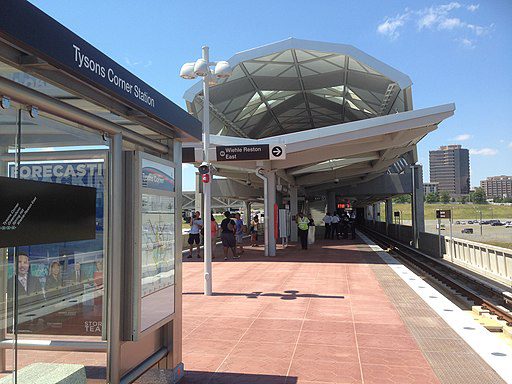While many people had their eyes on the Congressional midterm and gubernatorial elections last Election Day, we were looking at the big win in Massachusetts for affordable housing advocates and residents when the state’s voters turned back an attempt to repeal the state’s affordable housing statute, known as Chapter 40B. The law — one of the nation’s oldest inclusionary zoning statutes — allows developers to circumvent local zoning when a town has not met its 10 percent mandate for affordable housing. Specifically, the state can force towns that haven’t met the 10 percent mandate to allow denser development by any developer that will make 25 percent of their proposed units long-term affordable. LIHTC developers have incorporated 40B into their business models, and it has been effective in preventing towns from conducting “snob zoning.”
But detractors of the law, trying to adopt affordable housing language and calling themselves “Affordable Housing Now,” argued that 40B “builds primarily market-rate (non-affordable) housing” and that towns should be allowed to build affordable housing on their own. (Which, for the record, they are.) In an election supposedly dominated by so-called “small government” ideals, the effort to repeal a “big government” statute was handily defeated. David Smith, founder of the Affordable Housing Institute, who has a recent article on 40B in Tax Credit Advisor, told Shelterforce that the measure lost for many reasons: the pro-repeal group did not offer any alternatives, the affordable housing advocates in Massachusetts came out in droves to “Vote No on [Question] 2,” high-cost markets voted to keep it, and, while 40B has flaws, towns do have the control to preclude developers from getting around their zoning — just provide 10 percent affordable housing themselves.
Considering the national mood of the electorate, upholding such important policy is a big win for housing advocates and for Massachusetts.




Comments